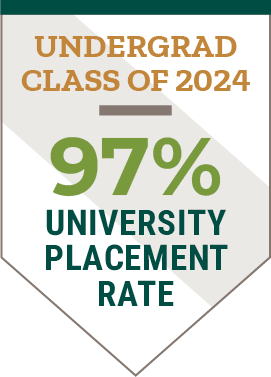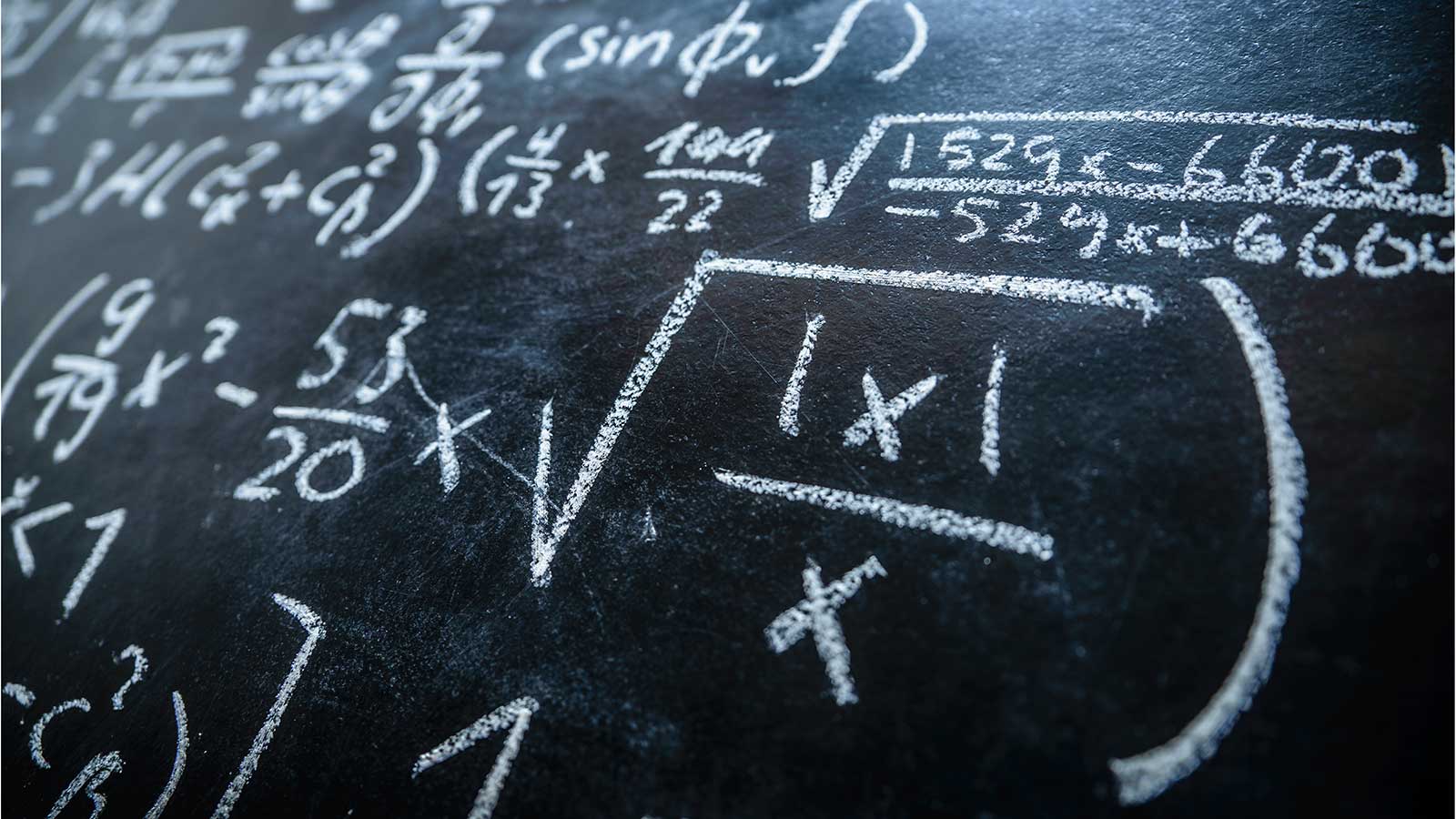
Find Solutions Through the Power of Numbers
"Crunching the numbers" to find solutions has come a long way since the days of pocket calculators and protractors. Today's innovative companies use cutting-edge computational technologies, predictive models and sophisticated algorithms to drive their strategies. Applied mathematics and statistics majors at Clarkson University learn how to use these in-demand skills to solve real-world problems in engineering, science and business.
Why Study Applied Mathematics and Statistics at Clarkson?
The main reason can be found in the name itself — "applied" is the operative word. Our program emphasizes how you can use quantitative skills, logic and math tools to develop solutions for a wide variety of industries.
At Clarkson, work with your classmates to tackle challenging concrete problems through math and statistics. Our flexible curriculum lets you specialize your skills toward a specific discipline, like business or engineering. Access additional hands-on learning opportunities by participating in faculty research projects or taking graduate classes as an undergraduate. And our Applied Mathematics and Statistics Class of 2023 had a 100 percent placement rate.
Whatever your goal, this is the right place to achieve it.
What You'll Learn
Our program focuses on applying mathematics and statistics to real-world situations. All of your classes are taught exclusively by faculty.
Available courses include:
- Applied Linear Algebra
- Bioinformatics
- Calculus I, II and III
- Computational Methods of Structural Analysis
- Design of Experiments & Analysis of Data
- Discrete Mathematics and Proof
- Elementary Differential Equations
- Game Theory & Economic Strategy
- Introduction to Mathematical Modeling & Software
- Introduction to Mathematical Research
- Mathematical Modeling
- Numerical & Engineering Computing
- Numerical Methods
- Probability & Statistics




